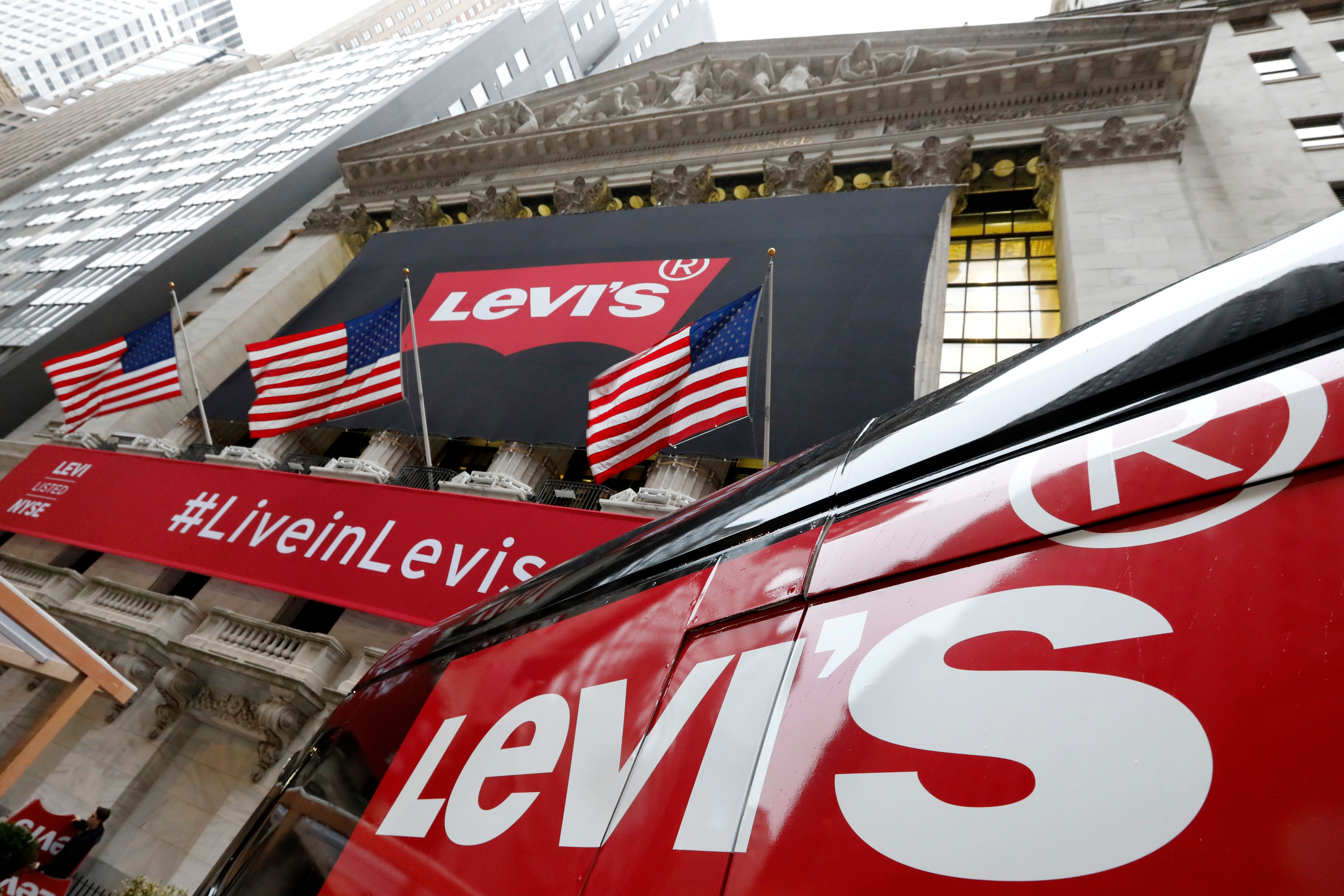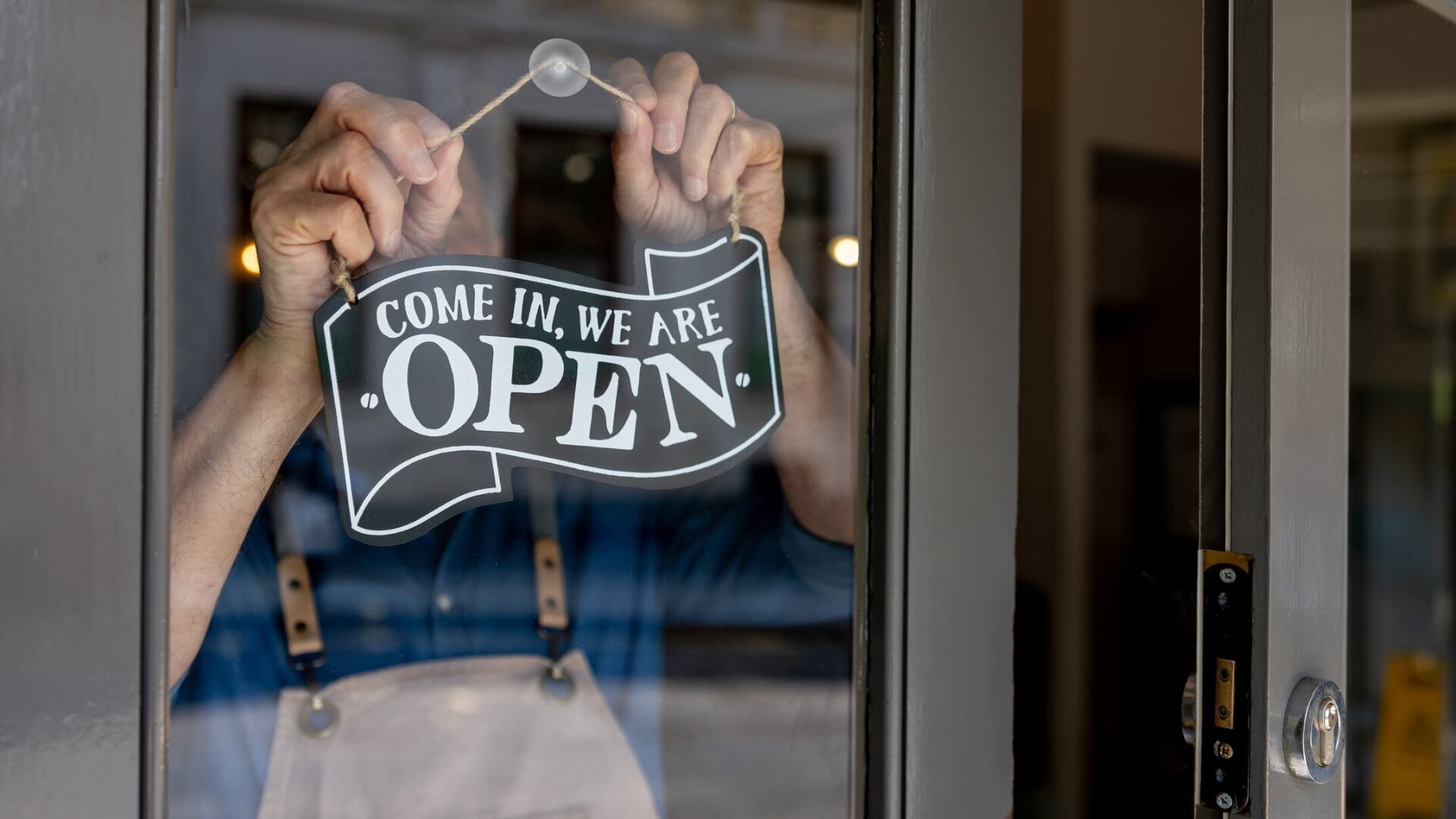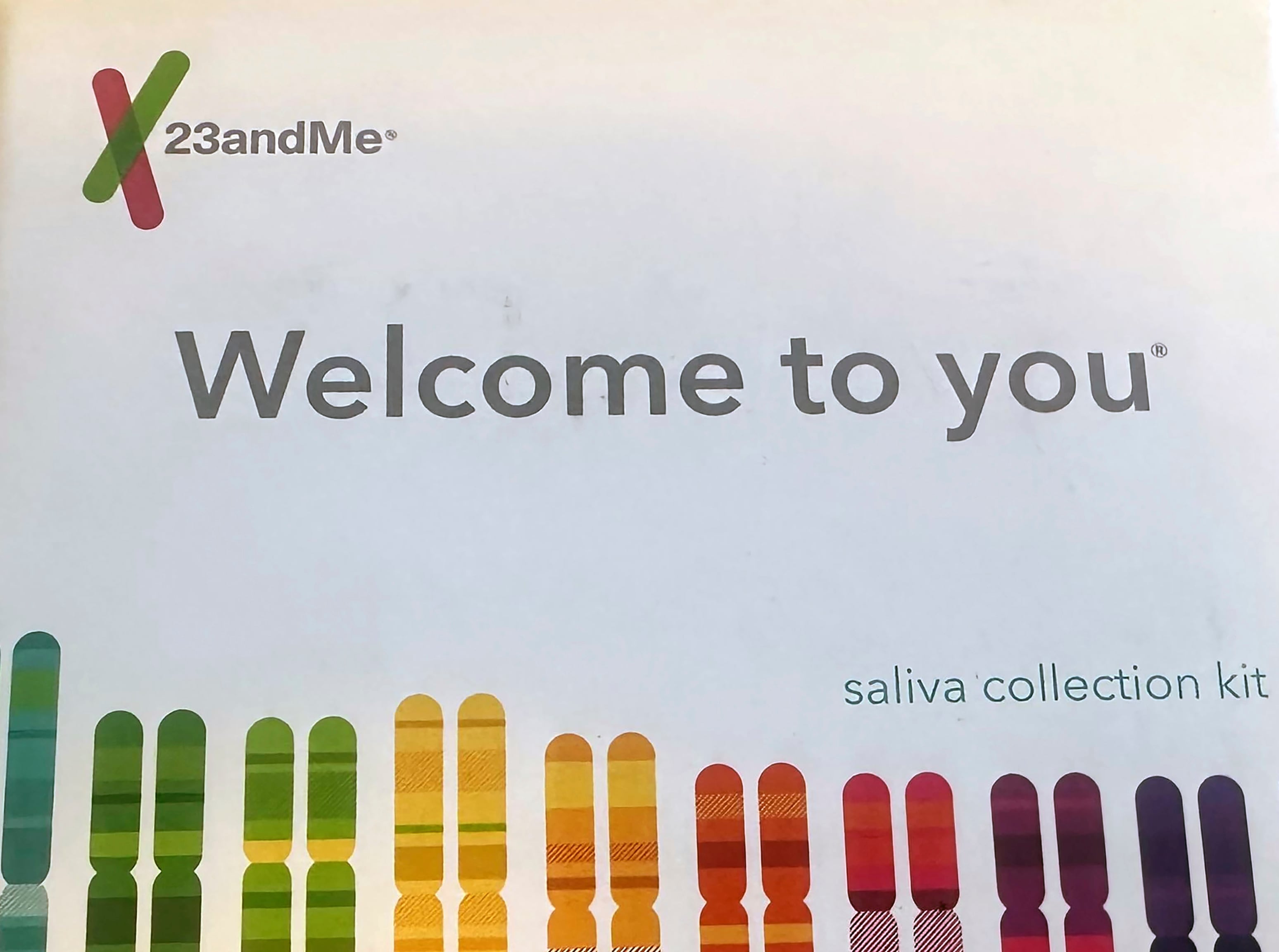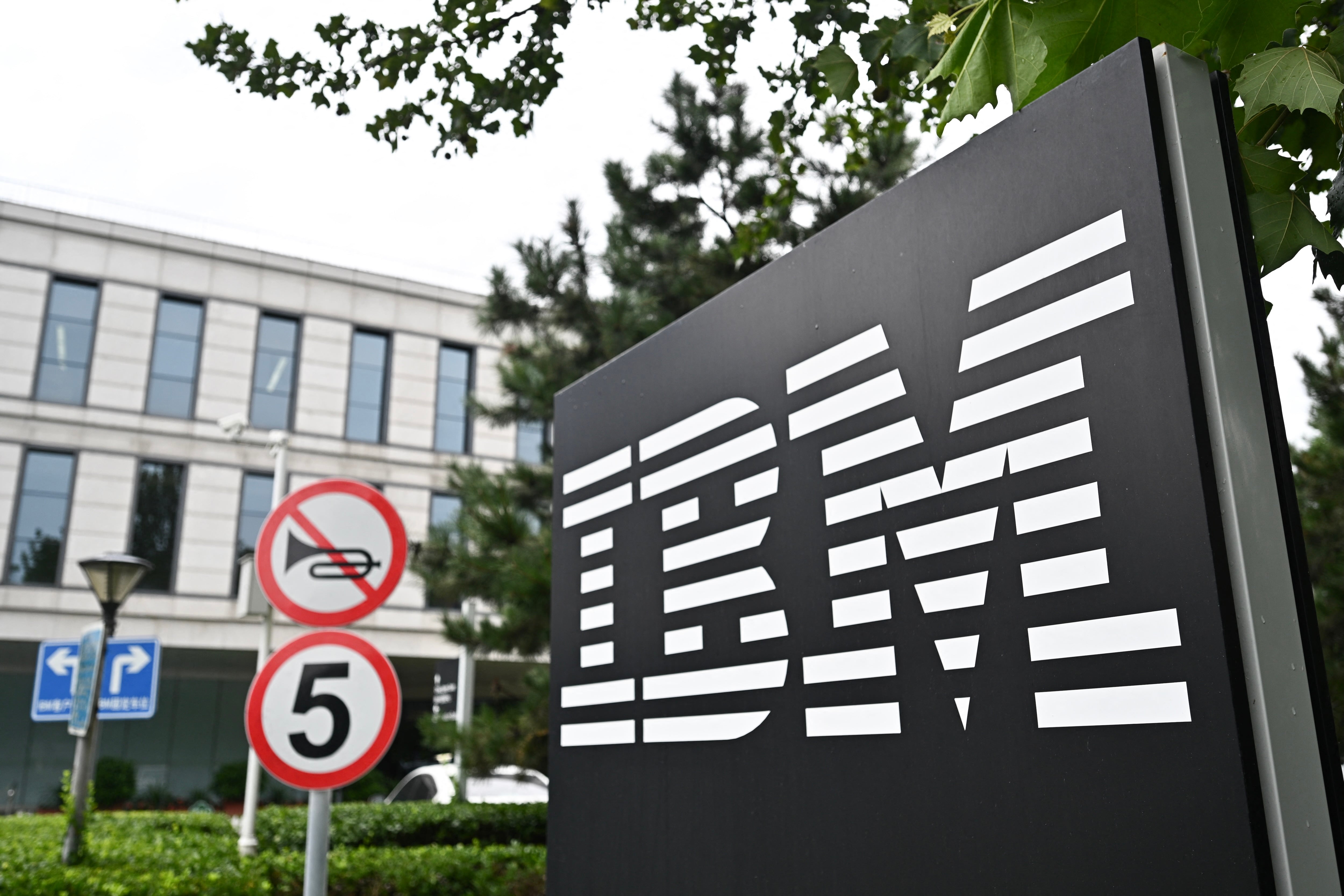San Francisco's board of supervisors has voted a final time to effectively ban the sale of e-cigarettes in the city until the products are reviewed and approved by the Food and Drug Administration, marking one of the most aggressive government efforts to curb youth vaping yet.
Now the bill awaits a signature from the city's mayor, London Breed.
The ordinance will change city law to "prohibit the sale by tobacco retail establishments of electronic cigarettes that require, but have not received, an order from the Food and Drug Administration (FDA) approving their marketing."
Although no e-cigarette company has gained approval from the FDA before bringing their products to market, the federal agency has allowed manufacturers like Juul to continue sales until 2022, the deadline it has set for the companies to submit applications for approval.
That move has left states and city governments to take regulation upon themselves.
In an emailed statement, Juul spokesperson Ted Kwong said that San Francisco's "full prohibition" will drive former smoking adults who have transitioned to vapor products back to cigarettes, and that the law will ultimately create a black market.
He also emphasized a variety of efforts Juul has pursued to curb the use of vaping products among minors, including the company's support for the electronic scanning of IDs for age-verification and tougher restrictions on the marketing of vapor products.
"We already stopped the sale of non-tobacco and non-menthol based flavored JUULpods to our traditional retail store partners over seven months ago, enhanced our online age-verification, strengthened our retailer compliance, and shut down our Facebook and Instagram accounts while working constantly to remove inappropriate social media content generated by others," he said.
E-cigarette brands blu, owned by the British tobacco company Imperial Brands, and Vuse Vapor, owned by R.J. Reynolds Vapor Company, a subsidiary of Reynolds American (which itself is a subsidiary of the multinational tobacco company British American Tobacco) did not respond to a request for comment.
The rise in youth vaping has been called an "epidemic". The FDA's 2018 National Youth Tobacco Survey found that there are more than 3.6 million kids currently using e-cigarettes.
While vaping among minors declined between 2015 and 2017, the trend sharply reversed last year, with a whopping 78 percent increase among high school students from 2017 to 2018.
San Francisco's policy — assuming it is signed — will become effective within a month, and will then be implemented in the six months following.
"San Francisco is taking action to protect our kids. This temporary moratorium wouldn't be necessary if the federal government had done its job. E-cigarettes are a product that, by law, are not allowed on the market without FDA review," said San Francisco City Attorney Dennis Herrera in a statement. "For some reason, the FDA has so far refused to follow the law. If the federal government is not going to act, San Francisco will."
The FDA would not comment on the legislation, but said in an email that the agency is "committed to continuing to tackle the troubling epidemic of e-cigarette use among kids."
"This includes limiting youth access to, and appeal of, flavored tobacco products like e-cigarettes and cigars, taking action against manufacturers and retailers who illegally market or sell these products to minors, and educating youth about the dangers of e-cigarettes and other tobacco products," the agency added.













